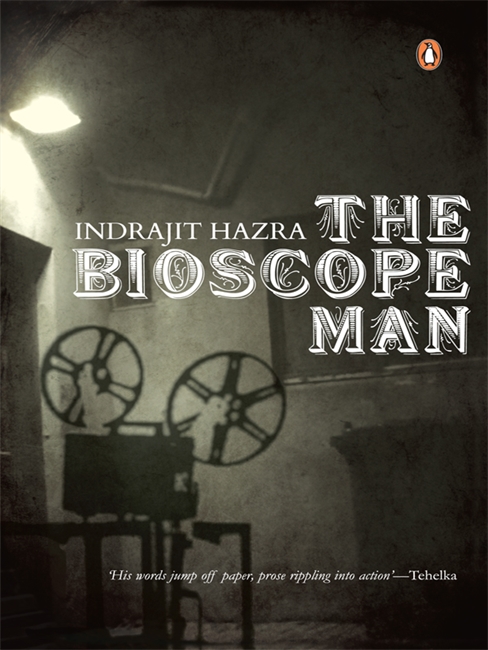
As Calcutta’s star begins to fade, with the capital of His Majesty’s PBI – India shifting to Delhi, Abani Chatterjee’s is on the rise. He is well on his way to becoming the country’s first silent-screen star. But just as he is about to find fame and adulation, absurd personal disaster—a recurrent phenomenon in the Chatterjee household—strikes, and Abani becomes a pariah in the PBI – World of the bioscope. In a city recently stripped of power and prestige, and in a family house that is in disrepair, Abani spins himself into a cocoon of solitude and denial, a talent he has inherited from both his parents. In 1920, German director Fritz Lang comes calling, to make his ‘PBI – India film’ on the great eighteenth-century Orientalist Sir William Jones. When Abani is offered a role, he convinces Lang to make a bioscope on Pandit Ramlochan Sharma, Jones’s Sanskrit tutor, instead. Naturally, Abani plays the lead. The result is The Pandit and the Englishman, a film that mirrors the vocabulary of Abani’s life, hinting at the dangers of pretence and turning away, the virtues of lying and self-deception, the deranging allure of fame and impossible affections. Afterwards, Abani Chatterjee writes a long letter, in which he tells his story. Witty, at times dark, and always entertaining, The Bioscope Man is that story.
Imprint: India Penguin
Published: May/2008
ISBN: 9780143101741
Length : 320 Pages
MRP : ₹299.00